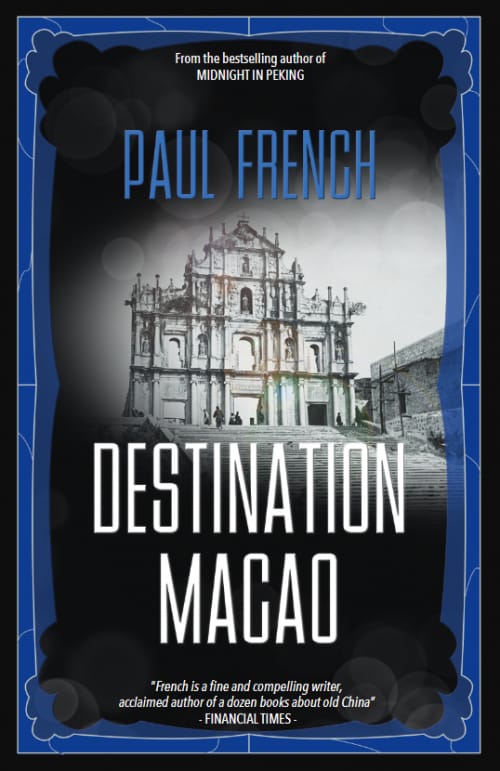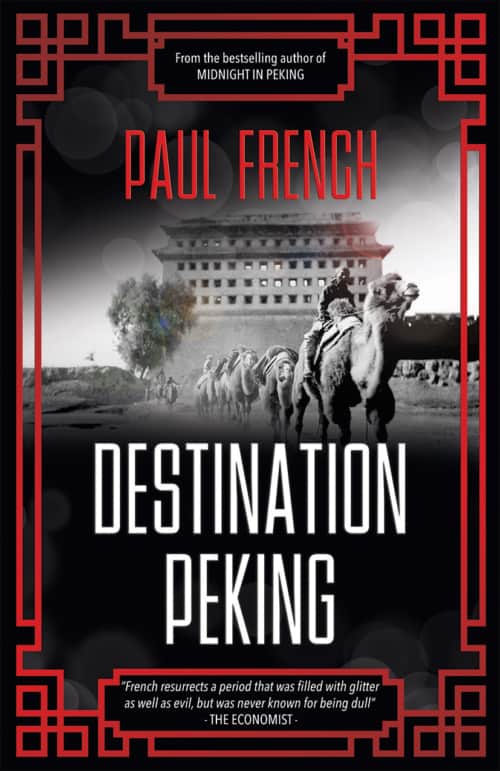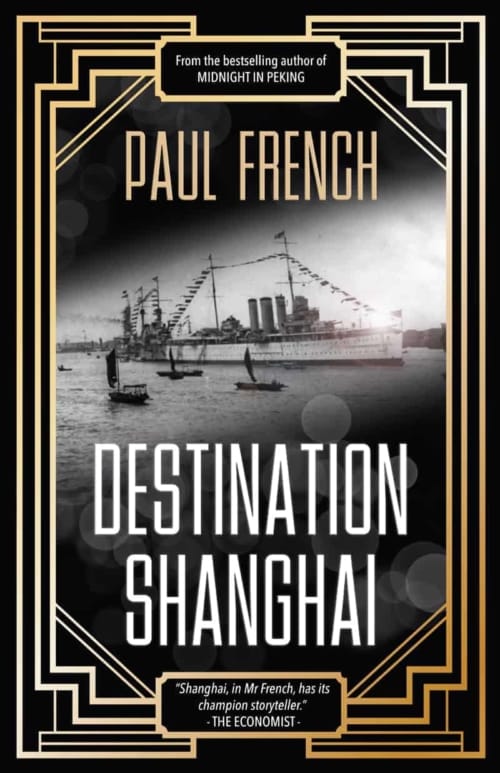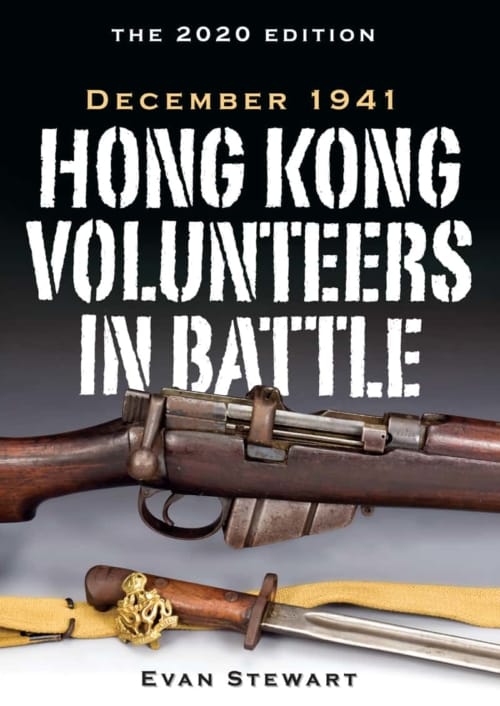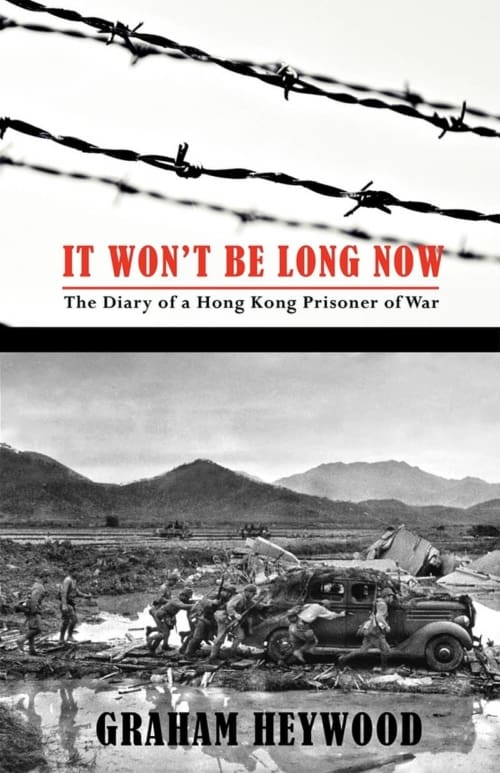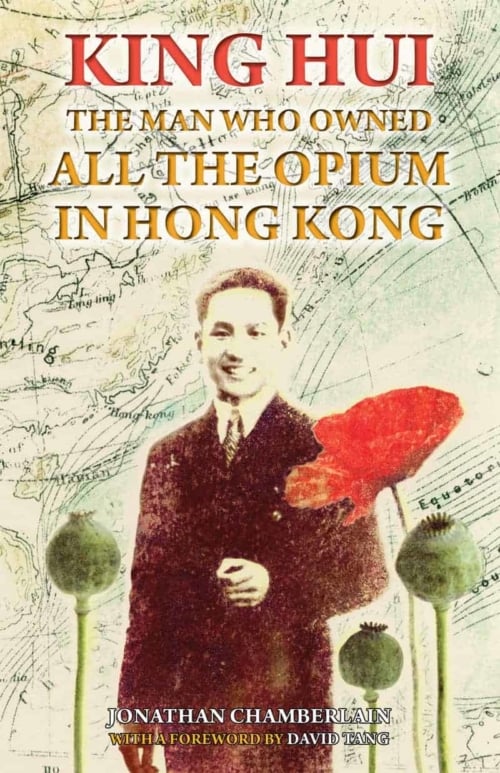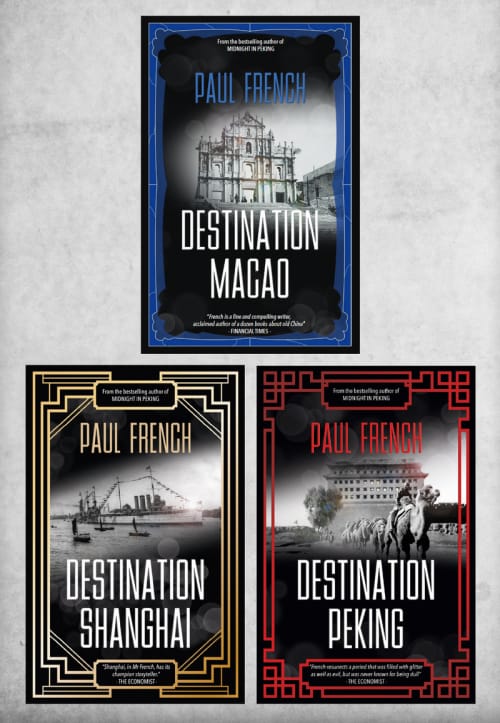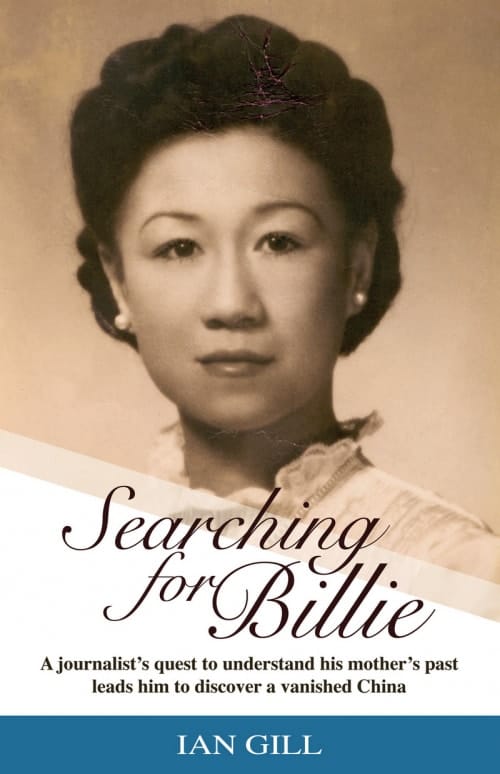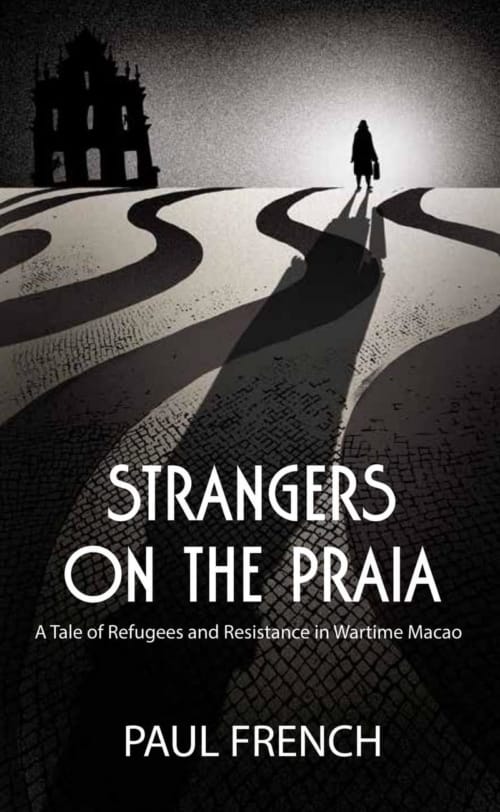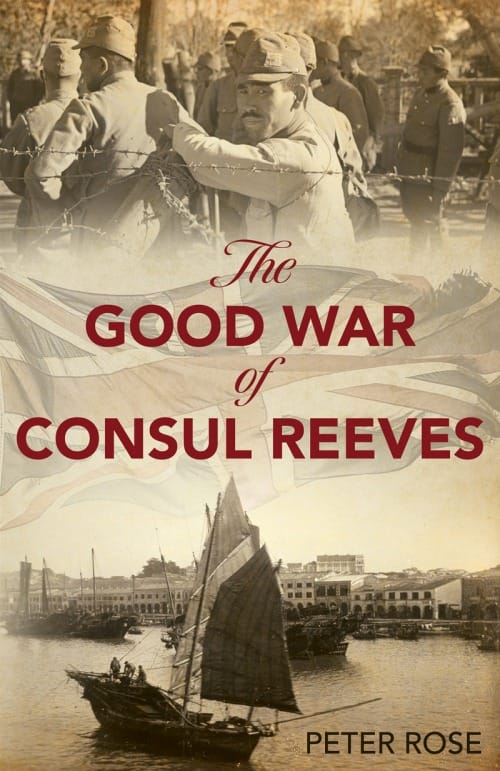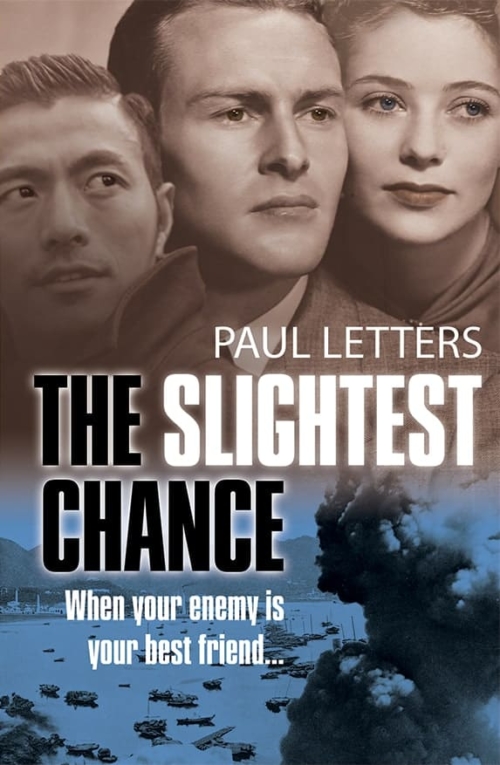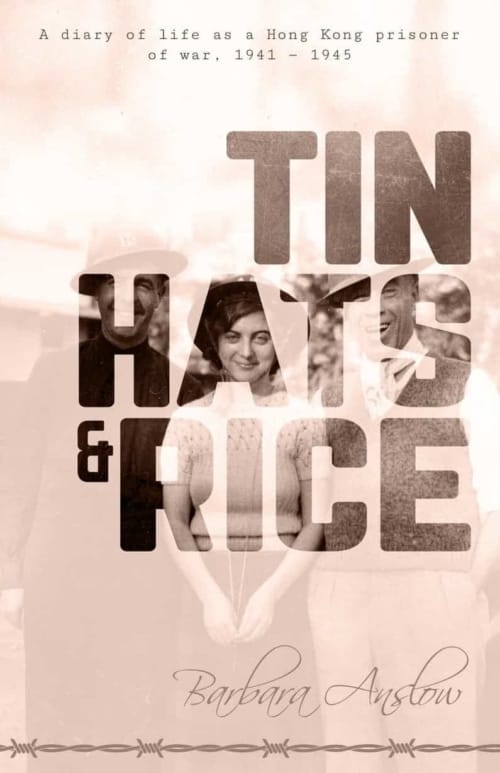A weed from Catholic Europe, it took root
Between some yellow mountains and a sea,
Its gay stone houses an exotic fruit,
A Portugal-cum-China oddity.
Rococo images of Saint and Saviour
Promise her gamblers fortunes when they die;
Churches beside the brothels testify
That faith can pardon natural behaviour.
This city of indulgence need not fear…
— WH Auden, Macao: A Sonnet
For the third in his acclaimed Destination series, Paul French journeys to the former Portuguese enclave of Macao, for him as much a place of the imagination as of reality. Constantly portrayed as the louche, sinful sister of Hong Kong, it was also a key trading post and early melting pot on the South China Sea.
From the Macao of artists George Chinnery and George Smirnoff, the writers Deolinda da Conceição and Maurice Dekobra, to the pulp fiction fantasies and cinematic fever dreams of Josef von Sternberg and Jean Delannoy; from those like Dr Pedro Lobo and Ian Fleming who came to Macao to chase gold, as well as those who sought refuge from war and the combatants who sought secret passage through ‘neutral' Macao; from the earliest days of the China coast trade and its assorted cast of innkeepers and adventurers to the bizarre tales the changing times in the colony created. Did Japan really try to buy Macao in 1934? Who really sailed with Macao's pirate queen Lai Choi San? Who were the Portuguese rebels who sought to declare Macao a republic in the 1920s?
Following the format of Destination Shanghai and Destination Peking, Destination Macao tells the true stories of fascinating people who lived in or visited Macao in the 19th and 20th centuries.
Look inside this book
Click on the following link to read pages from Destination Macao.
Contents and Introduction
